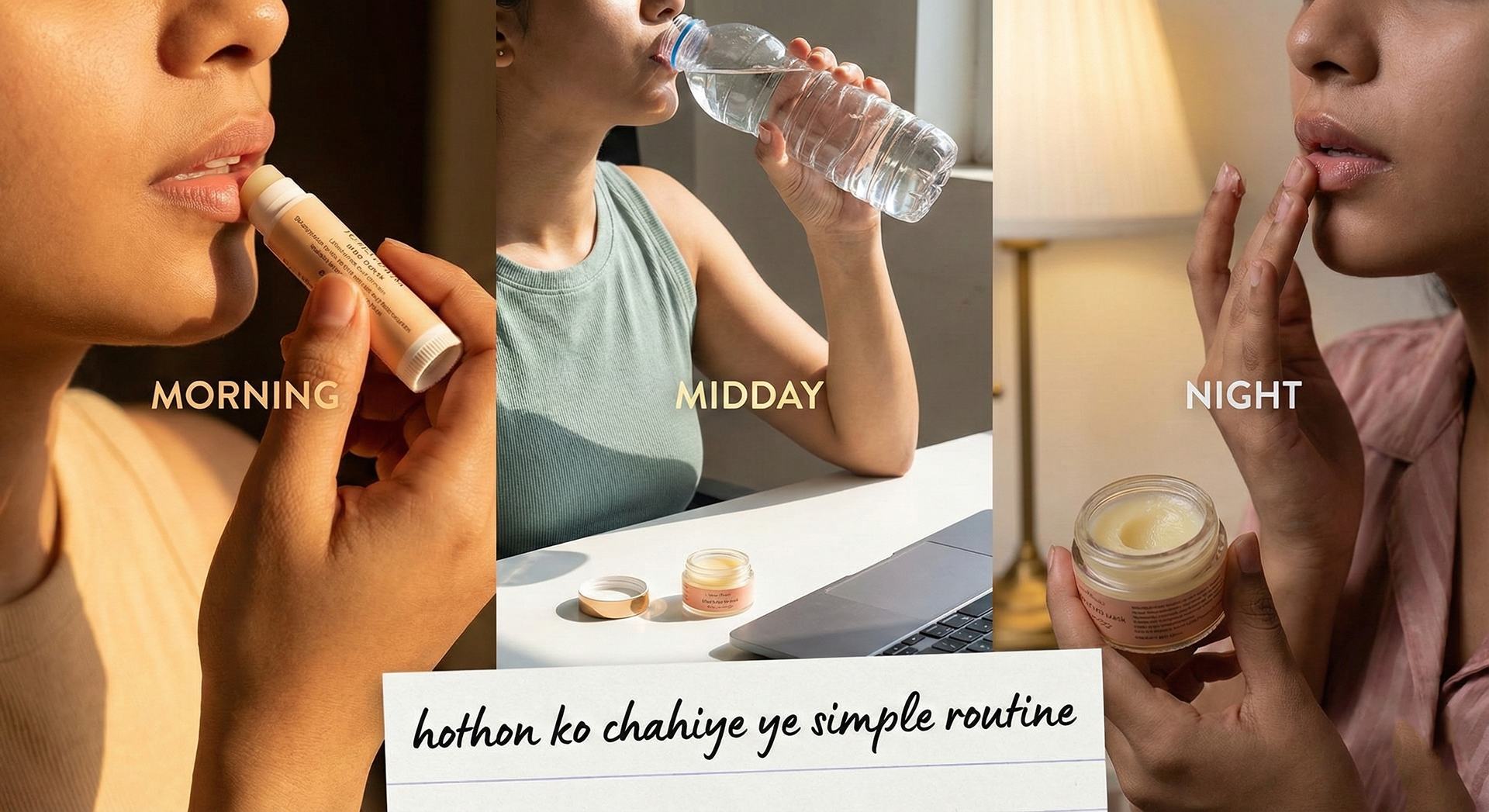A healthy diet is the foundation of good health and fitness. It’s not just about what we eat, but how the right foods fuel our body, help us feel better, and support our fitness goals. Whether we want to lose weight, build muscle, or simply stay healthy, our diet plays a key role in achieving those goals.
In this guide, we’ll break down the basics of a balanced diet, explain how it works with our workouts, and give us simple tips on making the right food choices. Understanding diet is the first step to living a healthier, more active life.
Table of Contents
“Let’s start the journey with gratitude.”
- “Thank you, Supreme Universe, for the priceless gift of life and for all the blessings I receive.”
- “Thank you, universe, for always providing what I need, even when I don’t realize it.”
- “I am a peaceful soul, grateful for the positive energy the universe has bestowed upon me, and I aim to reflect that energy back into the world. Thank you, universe.”
- “I am filled with gratitude for the abundance of love, light, and opportunities the universe offers.”
- “Thank you for the lessons that challenge me and the moments that uplift me.”
- “With a heart full of gratitude, I acknowledge the beauty and miracles the universe brings into my life every day.”
- “I am thankful for the divine support that leads me toward growth, peace, and happiness.”
- “Grateful to the universe for every experience, big or small, that contributes to my journey of transformation.”
What is Diet?
A diet is simply the food and drinks we eat and drink every day. It’s not just about eating—it’s about choosing the right foods to keep our body healthy and strong. A good diet helps us feel better, stay healthy, and achieve our fitness goals.
But diet isn’t just about what we eat—it’s about how and why we eat certain foods. When we talk about diet in fitness, we focus on how food supports our workouts, recovery, and overall health. In fitness, diet means eating the right foods to help our workouts, recover well, and feel good.
Here’s what we need to know about diet:
Nutrition: A balanced diet gives our body the nutrients it needs to stay strong and healthy. These nutrients include proteins, fats, carbohydrates, vitamins, and minerals.
Food Choices: The foods we choose—fruits, vegetables, grains, meats, and others—affect our energy, health, and fitness. Making healthy choices is key to feeling good and reaching our goals.
Balance: A healthy diet isn’t about strict rules. It’s about balance—eating the right amount of the right foods. The goal is to get the right nutrients in the right amounts, whether we want to lose weight, gain muscle, or stay healthy.
Lifestyle: Diet is a long-term approach to eating that fits our lifestyle and goals. It’s about making food choices that work for us, based on our personal needs, habits, and culture.
“Diet Basics: What You Need to Know to Eat Healthy”
Eating healthy doesn’t have to be hard. Understanding the basics of a good diet is the first step to feeling better, having more energy, and reaching our fitness goals. Whether we want to lose weight, build muscle, or just stay healthy, the right diet can help us get there.
In this post, we’ll go over the basics of what a healthy diet is, why it matters, and how we can start making better food choices today. It’s all about balance, not restrictions, so you can enjoy your meals while reaching your goals.
1. Understanding Calories
The foundation of any diet, fitness or not, is understanding calories. Calories are units of energy, and the body needs them to perform all its functions, including movement, digestion, and even resting. In the context of fitness:
- Caloric Surplus: Eating more calories than our body burns, which is necessary for muscle gain.
- Caloric Deficit: Eating fewer calories than we burn, which is key for fat loss.
- Maintenance Calories: The amount of calories our body needs to maintain its current weight.
To manage our weight and fitness goals, it’s important to know our Total Daily Energy Expenditure (TDEE)—this is the total amount of calories your body burns in a day.
2. Macronutrients Breakdown
Once we understand calories, we need to look at the three main macronutrients that provide those calories:
Proteins
(4 calories per gram)
Proteins are essential for muscle repair and growth. If we’re training hard, protein is a key part of recovery.
- Sources: Chicken, fish, eggs, legumes, tofu, Greek yogurt, lean meats.
- Recommended Intake: 1.6–2.2 grams of protein per kilogram of body weight for muscle growth or fat loss.
Fats
(9 calories per gram)
Fats are crucial for hormone regulation, brain function, and overall health. They also provide energy for longer, moderate-intensity activities.
- Sources: Avocados, olive oil, nuts, seeds, fatty fish, coconut oil.
- Recommended Intake: About 20-35% of our total calories should come from fat, depending on our individual goals.
Carbohydrates
(4 calories per gram)
Carbohydrates are the body’s primary source of energy, especially for high-intensity workouts. They’re stored as glycogen in muscles and the liver, and they fuel short bursts of activity.
- Sources: Whole grains, fruits, vegetables, legumes, potatoes, rice, oats.
- Recommended Intake: Carbs make up the remaining portion of our calories after protein and fat needs are met. Depending on our activity level, anywhere from 30% to 60% of our daily calories could come from carbs.
3. Micronutrients (Vitamins & Minerals)
While macronutrients are the primary source of energy and building blocks, micronutrients (vitamins and minerals) play a critical role in metabolism, energy production, immune function, and muscle function.
- Common Micronutrients to Focus On: Vitamin D, calcium, magnesium, iron, potassium, and vitamin B12.
- Sources: A variety of fruits, vegetables, dairy, lean meats, nuts, and seeds.
4. Meal Timing and Frequency
When it comes to diet, the timing of our meals can influence performance and recovery, although it’s less important than your overall caloric intake.
- Pre-workout: A small meal or snack with carbohydrates and protein 1–2 hours before a workout can provide energy and support muscle repair.
- Post-workout: Consuming protein and carbs after a workout helps muscle recovery and glycogen replenishment.
- Meal Frequency: Eating 3-6 meals a day, spaced out to prevent hunger and to maintain energy, is generally effective, though some people prefer intermittent fasting.
5. Hydration
Water is crucial for hydration, digestion, and muscle function. If we’re active, we need more water to replace fluids lost through sweat.
- General Rule: Aim for at least 3 liters (about 13 cups) of water per day, adjusting based on our activity level.
- Hydration Tips: Include electrolytes (sodium, potassium, magnesium) for long, intense workouts.
A healthy diet is all about getting the right balance of calories, macronutrients, and micronutrients. Calories give us energy, while macronutrients—carbs, proteins, and fats—help our body grow, repair, and stay strong. Micronutrients, though needed in smaller amounts, are important for things like immunity and overall health. Eating a mix of these in the right amounts helps us stay healthy and feel our best.
Also Read:
5 ways “How Can We Transform Our Lives into Our Best Version?” “We will and we will achieve.”
▪️Did you find this article helpful? If you found this article helpful, don’t forget to like and share it with others!
For more insightful content, make sure to follow us.
We’d love to hear your thoughts—leave a comment below or mail us and let us know what topics you’d like to see next! Your feedback helps us grow and create better content.📩
-
Ladkiyan Mood Swings Kyun Face Karti Hain? (Science + Solutions)
Kya aapke saath kabhi aisa hua hai ki ek pal mein aap bahut khush hain, aur agle hi pal bina … Read more
-
Morning to Night: Aapke Hothon Ko Chahiye Ye Simple Routine
Hum apne chehre (face) ke liye Cleansing, Toning, aur Moisturizing (CTM) routine follow karte hain, lekin hothon (lips) ko aksar … Read more
-
Ghar Baithe Payein Gulabi Hoth: Best Natural Remedies for Pink Lips
Har koi chahta hai ki uske hoth (lips) soft aur gulabi (pink) dikhein. Lekin zyada chai-coffee peena, dhoop mein ghumna, … Read more



